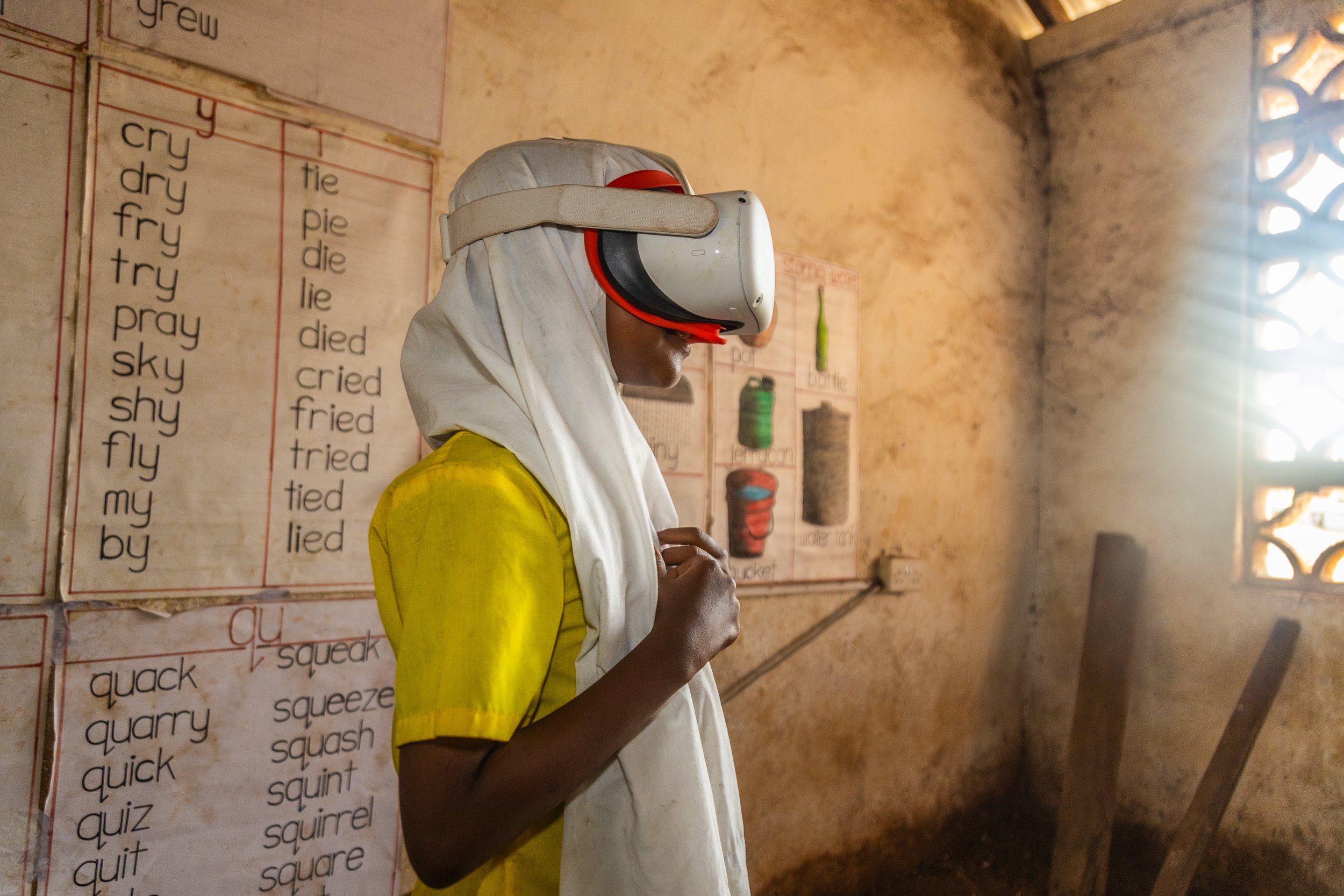Coral reefs are the lifeline of the Indian Ocean; they nourish marine biodiversity, support livelihoods, and protect coastal communities from erosion. As an underwater photographer and conservation storyteller, I’ve witnessed both the breathtaking beauty of healthy reefs and bleached, dying corals.
On January 2022, i reached out to be part of the REEF Ranger Program to continue supporting conservation in Kenya and Africa.
Why REEF Ranger;
My first time interacting with Marine Ecosystem was through a trip to Kisite Mpunguti Marine Park, I was lucky I knew how to swim so I had a chance to go to deeper depths and trust me the image of a coral with the extensive biodiversity has never left my memories. Over the years I have always wanted to come back and support Marine Conservation, In 2021 did a story for Mikoko Pamoja for the Earth Optimism Nairobi Summit and it became a renewal of my love to support Marine Conservation.
So being a ranger first would be an amazing opportunity for me to tell the story to the unknowing community that has a major role in the conservation of biodiversity. So after week I became a REEF Ranger trained on open water , fish ID and coral restoration. But I was not the only one happy to be a REEF Ranger.
Meet the Reef Rangers
Reef Rangers aren’t marine scientists with PhDs. They’re young people from coastal communities and early career conservationist. Many of whom grew up fishing these very waters. Through training provided by REEFolution, they’ve become frontline defenders of the ocean.
Meet Mwanaisha
She joined the project as a volunteer right after high school, but she faced an overwhelming fear of water. She courageously conquered her fears. she evolved into a certified diver! Now working as a REEF ranger and you can ask her literally EVERYTHING about underwater life!
This marine wizard is armed with gold certificates in fish and benthic identification, making her an amazing mentor for anyone interested in the ocean.
Mwanaisha, whose passion for marine life has left a lasting impression on me. She inspires me to keep learning and recognizing marine fish not just by color, but by their taxonomy and ecological role. Reef Rangers like Mwanaisha are more than conservationists they are mentors, educators, and community heroes.
She's just one of the many individuals I admire deeply for their dedication and knowledge.
Coral Gardening & Artificial Reefs
Graphic source from REEFolution.Org
Using a technique called coral gardening, Reef Rangers grow resilient coral fragments in underwater nurseries, then transplant them onto artificial reef structures made from eco-friendly materials. These structures serve as both homes for marine life and tools for ecosystem regeneration.
When I return every year to document the progress, I saw schools of fish darting around newly grown coral. The transformation was incredible not just in the reef, but in the people. Locals now volunteering to ensure that the no fishing zones are well policies are adopted by the fishermen.
Changing Mindsets through Education
Alongside reef restoration, the Reef Rangers are leading community education programs, helping schools and fisher groups understand the value of coral reefs. During one of my visits to Shimoni, I photographed a school session where kids were learning what corals are all about and watched a film TonyWild Foundation produced in partnership with RREFolution on Corals
Looking Ahead
As climate change accelerates coral bleaching across the globe, the urgency of this work cannot be overstated. Yet what gives me hope is what I’ve witnessed: local communities taking ownership of conservation. Not as outsiders brought in for funding or photo ops, but as the heartbeat of change.
We must continue to support initiatives like Reefolution, not just for the health of the ocean, but for the resilience of the people who depend on it.




